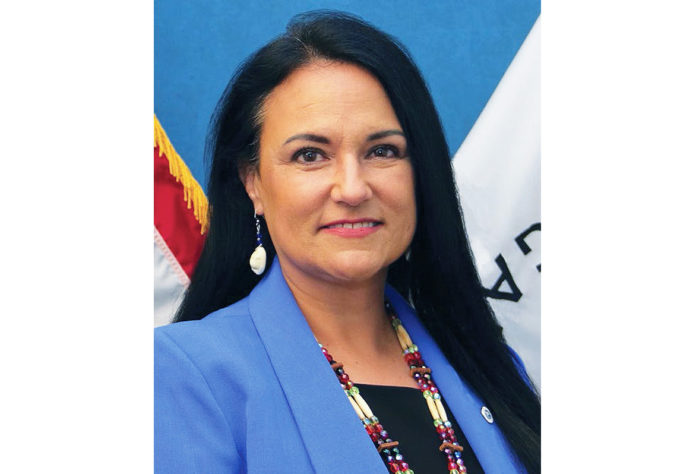by Jeannie Hovland
In this 35th year of Indian gaming, I’d like to take the time to recognize and celebrate some of the Indigenous women in tribal gaming. It’s impossible for me to list all the numerous women who have helped guide my personal journey, so I offer just a few examples of those who have inspired me personally and impacted me professionally in my career to date.
In my travels, I have been able to meet with many tribal gaming regulators, commissioners, and operations personnel, whose dedication, knowledge, and experience are not only remarkable, but also inspiring. I have been pleased to see an increasing number of Indigenous women in top positions across the tribal gaming industry. These leaders, alongside others, have been instrumental in shaping Indian gaming into the valuable resource that sustains, improves and grows tribal communities and economies.
Beginnings
Back in the 1990’s, gaming was relatively new to Indian Country. The Indian Gaming Regulatory Act (IGRA) was signed into law in 1988, and tribes were required to negotiate with their state a compact for Class III gaming. In 1987, Judith Peterson, a member of the Flandreau Santee Sioux Tribe (FSST), was elected to serve as the FSST President, the third female leader of our tribal nation. Prior to Judith serving as Tribal President, she helped to establish the first tribal counseling and chemical dependency assessment center. Both programs continue today, over 40 years later.
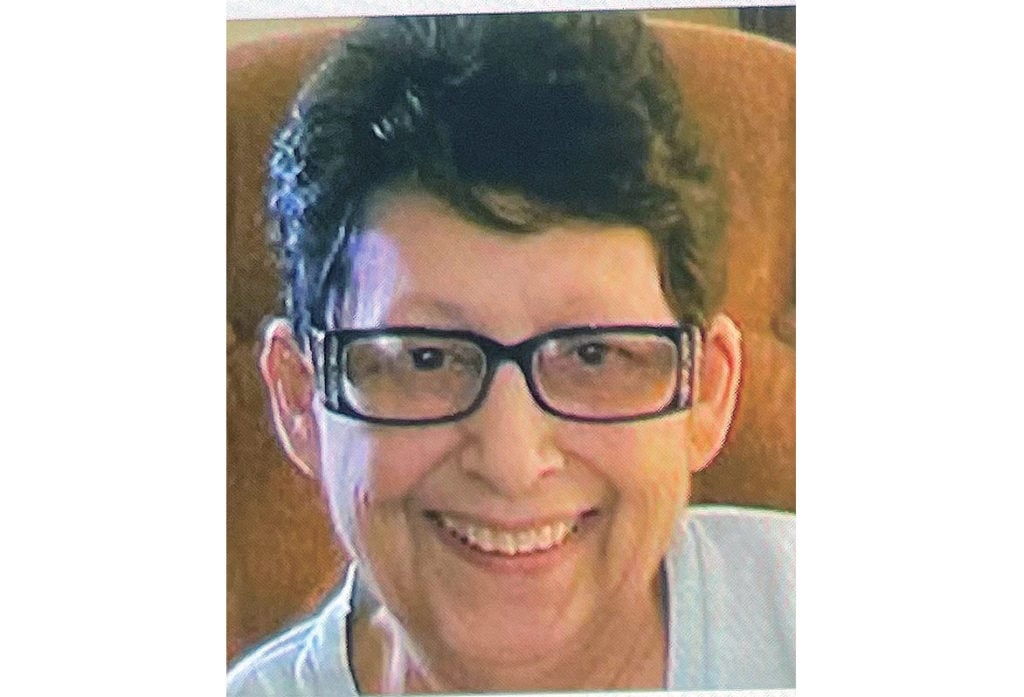
Under her leadership as President, the FSST negotiated the first Class III gaming compact in South Dakota, and in 1990, the Royal River Casino was established. Judith paved the way for other tribes in South Dakota to seek Class III gaming compacts. Judith was a fierce leader who persevered and pushed through the barriers of exercising tribal sovereignty through gaming ventures, while often facing the criticism of the unconventional views of not only being a woman, but a Native American woman in the position of power and leadership.
After Judith finished her term as President, she continued to serve her tribal community through her work at the Royal River Casino, where she spent 17 years in several positions including management. In the early 1990s, I worked at my tribal casino part time while attending college, and I had the honor to work briefly with her.
Lakota, Dakota, and Nakota winyan (women) were inspired by her leadership and her bravery and felt pride to witness Judith become a champion for Native American women in tribal gaming. She dared us to dream that, as Indigenous women, we too could break the glass ceiling. She was a true matriarch of our people and someone whose actions and legacy continue to guide me as a Dakota/Lakota woman and as a tribal gaming regulator. The positive impacts of the late President Judith Peterson continue to be felt across the community and surrounding communities today.
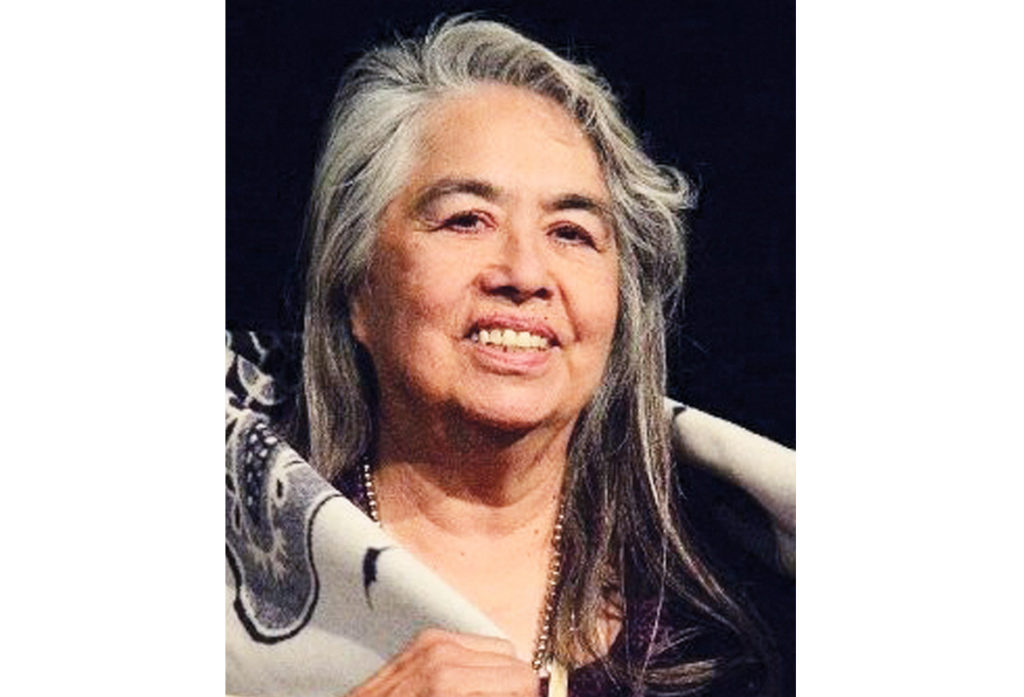
Sustaining Change
In 2005, I started my career with the federal government and began working regularly with Gay Kingman, a member of the Cheyenne River Sioux Tribe, mother of two sons, six grandchildren and eight great-grandchildren. Gay is the Executive Director of the Great Plains Tribal Chairman’s Association. Her Lakota name, Wacinyanti Win, means “Dependable Woman” or “they depend upon her” – a fitting description of who she is. Gay continues to inspire me both personally and professionally through her dedication and legacy of public service, evidenced by how U.S. Presidents, Congress, and tribal leaders from across the country have and continue to reach out to Gay to seek her guidance and input. In March 1993, the Tribal Nations asked Gay to assume the Director of Public Relations for those tribes who began asserting their sovereignty through establishing gaming operations. Gay was asked to assist in forming an organization called the National Indian Gaming Association, now Indian Gaming Association (IGA). Chairman Rick Hill, Timothy Wapato and Gay Kingman worked side by side, around the clock to establish and protect Indian gaming, and in 1993, the three of them incorporated IGA. Gay is recognized as one of the founding matriarchs of Indian gaming.
Little did I know 20 years ago when I first met Gay, this champion would have such a huge impact on my journey.
The Next 35
Across the National Indian Gaming Commission (NIGC), women have served in top leadership positions, including former Chairs Tracie Stevens and Ada Deer, and former Commissioners, Kathryn Isom-Clause, Steffani Cochran, Teresa Poust, Elizabeth Homer, and Jana McKeag – all intelligent and experienced professional women who paved the way for others to follow in their footsteps.
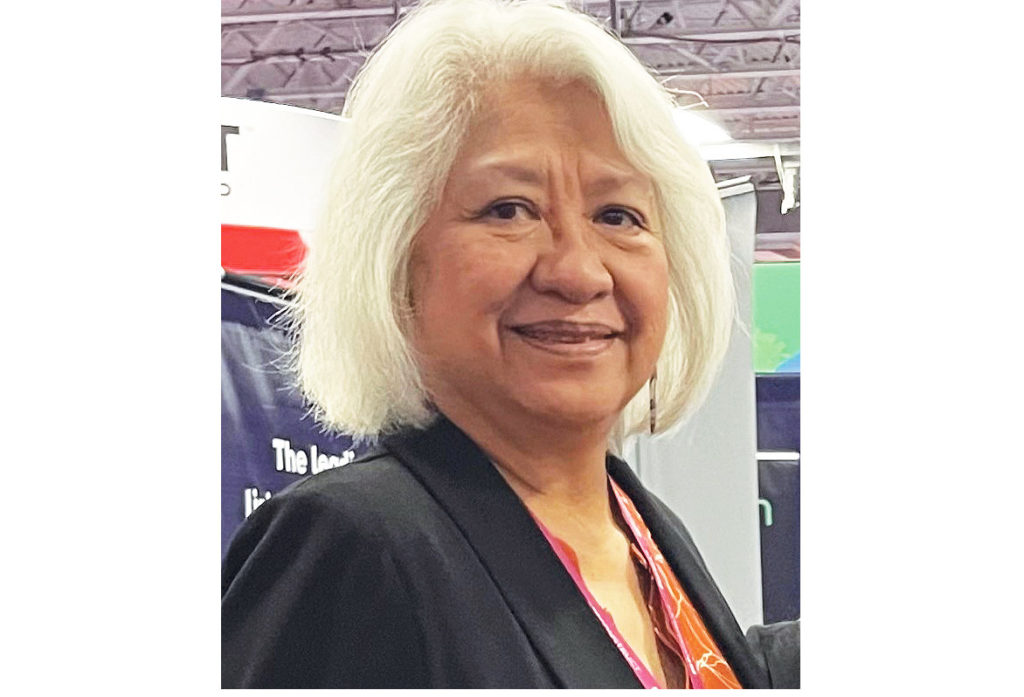
I have also been able to get to know other Indigenous women in this industry. Bea Carson, a member of the Mississippi Band of Choctaw Indians, wife, mother of two daughters, fourteen grandchildren and six great-grandchildren, serves as the Chairwoman of the Choctaw Gaming Commission. Bea was one of the first to welcome me to the NIGC Commission and her depth of knowledge and experience in tribal gaming is incredible. Bea has served as Choctaw Gaming Commission Chairwoman since 2013, but she began her career in tribal gaming in 2001 as an Associate Commissioner. In total, she has worked for her tribe for over 40 years serving her people and community in several important capacities. The respect that those in the tribal gaming industry have for Bea is evident everywhere I go. I admire her kind yet powerful presence and aspire to be more like her.
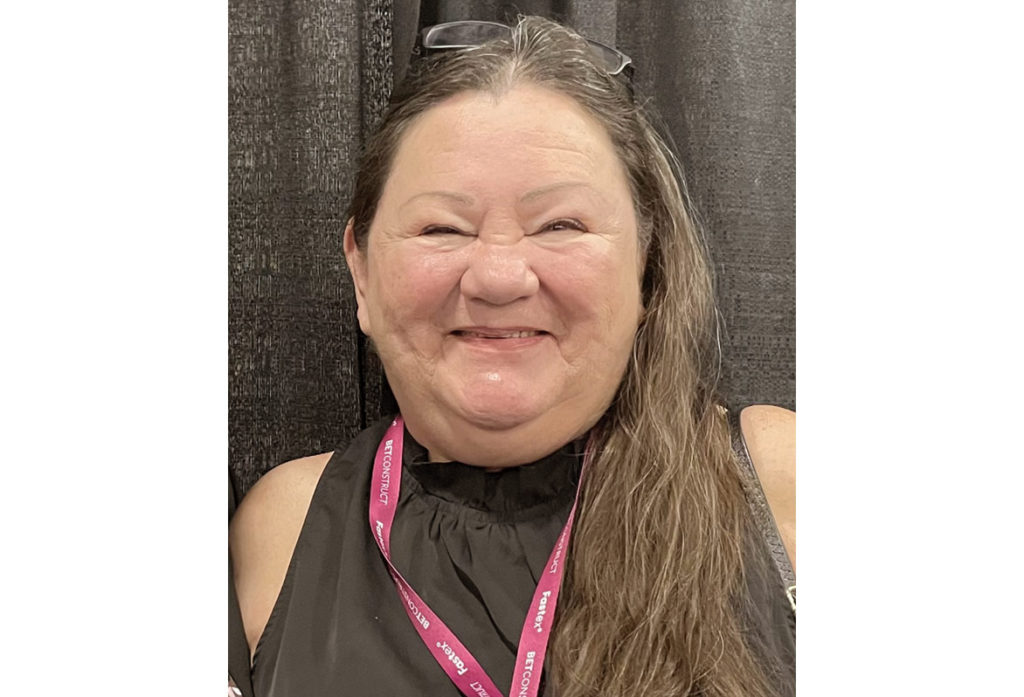
Lena Hammons, a member of the Tulalip Tribe, mother of four children and grandmother of fourteen grand-children, began her career in gaming in 1992 as the Assistant Human Resources Manager for the Tulalip Casino. One of my first panel discussions as an NIGC Commissioner was during the annual National Tribal Gaming Commissioners and Regulators (NTGCR) conference. Lena and I were both on a panel regarding combating human trafficking in the tribal gaming industry. As we discussed this difficult topic, Lena’s words resonated deeply and solidified the importance of collaboration to ensure strong environmental public health and safety (EPHS) of gaming operations on Indian lands. I’m thankful NIGC has elevated EPHS as one of our priority areas, with input from tribes and organizations like the NTGCR and from powerful community leaders like Lena. In recognition of Lena’s contributions, the NTGCR recently recognized Lena as one of their original founders. Truly, Lena is a modern-day woman warrior.
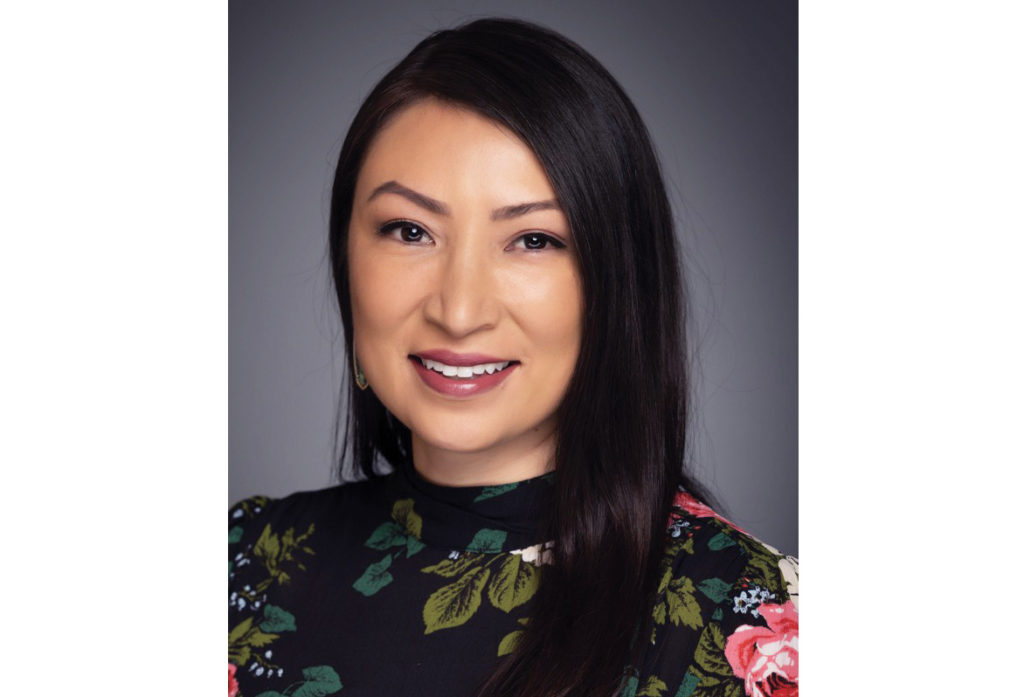
Frances Alvarez, a member of the San Pasqual Band of Mission Indians, daughter of a Vietnam Veteran, wife, mother of seven (including being a mother of an Air Force officer), grandmother of five, is another strong Indigenous woman leader in tribal gaming. She believes in acts of kindness, advocacy for those without a voice, and leading by example. In 2020, Frances was appointed as the first female Chair of the Tribal Gaming Protection Network (TPGN) and is also the President of the National Native American Hall of Fame. Frances has been working in the tribal gaming industry since 2001. Shortly after my appointment to the commission, Frances invited me to a TPGN Women in Gaming luncheon. From my first interaction with Frances, I knew she exemplified true leadership by serving the best interests of tribes and tribal gaming. She uses her leadership platforms to build bridges of camaraderie and highlight the importance of Indigenous women supporting and encouraging one another.
While I have shared about these amazing women who have inspired me, there are many more women who deserve recognition for their leadership and impact in tribal gaming. I’m also reminded of the stories yet untold across our tribal communities of great Indigenous women.
This October marks 35 years of the Indian Gaming Regulatory Act. As women in tribal gaming, we carry a heavy burden of managing our professional roles with our personal roles as many of us are also mothers, grandmothers, aunties, sisters, daughters, and friends. As you can see from just a few of the many people I could have highlighted, I am proud to be surrounded by strong Indigenous women in gaming with whom ideas are shared, problems are solved, and encouragement is found, as we continue to shape Indian gaming into the positive force it is today. I look forward to seeing what the next 35 years holds.
Jeannie Hovland is Vice-Chair of the National Indian Gaming Commission (NIGC). This article was written by her in a personal capacity.














































